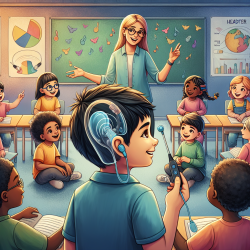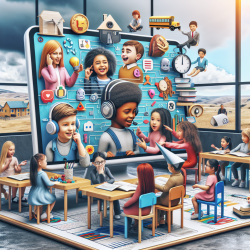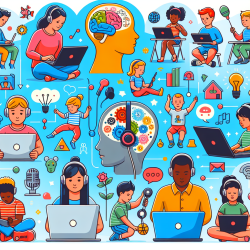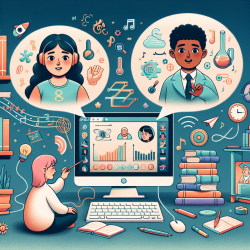Introduction
The COVID-19 pandemic has transformed many aspects of our lives, and education is no exception. The sudden shift to online learning presented unique challenges and opportunities for educators worldwide. A recent research article titled "Classroom transformation during pandemic disruption: A personal response" by Ming-Jer Chen and Chawit Rochanakit offers valuable insights into how educators can adapt and thrive in this new environment.
Key Insights from the Research
The research highlights the importance of adopting an "ambicultural" teaching method that combines the best of both online and offline education. This approach emphasizes the integration of culture, strategy, and execution (CSE) to create a cohesive learning experience. Here are some key takeaways for educators:
- Embrace Technology: Utilize high-tech solutions to enhance the effectiveness of instruction. This includes using tools like Zoom for virtual classrooms and incorporating interactive elements such as polls and breakout rooms.
- Focus on Human Connections: Despite the virtual setting, it's crucial to foster personal connections with students. Personalized interactions and creating a sense of community can enhance the learning experience.
- Adapt and Innovate: Be open to experimenting with new teaching methods and materials. This flexibility can lead to more engaging and relevant content for students.
Practical Applications for Educators
Educators can apply these insights to improve their teaching skills and better support their students. Here are some practical steps to consider:
- Develop a Hybrid Teaching Model: Combine online and offline elements to create a dynamic learning environment. This can include virtual guest speakers, online discussions, and in-person workshops.
- Enhance Student Engagement: Use interactive tools and activities to keep students engaged. Encourage participation through group projects, discussions, and real-time feedback.
- Build a Supportive Community: Create opportunities for students to connect with each other and with you. This can be achieved through virtual office hours, social events, and collaborative projects.
Encouraging Further Research
The research by Chen and Rochanakit serves as a valuable resource for educators looking to improve their teaching methods. However, it also highlights the need for further exploration into the integration of technology and human-centered education. Educators are encouraged to conduct their own research and share their findings with the broader academic community.
Conclusion
The pandemic has forced educators to rethink traditional teaching methods and embrace new approaches. By implementing the insights from this research, educators can enhance their skills and create a more effective and engaging learning environment for their students. To read the original research paper, please follow this link: Classroom transformation during pandemic disruption: A personal response.










